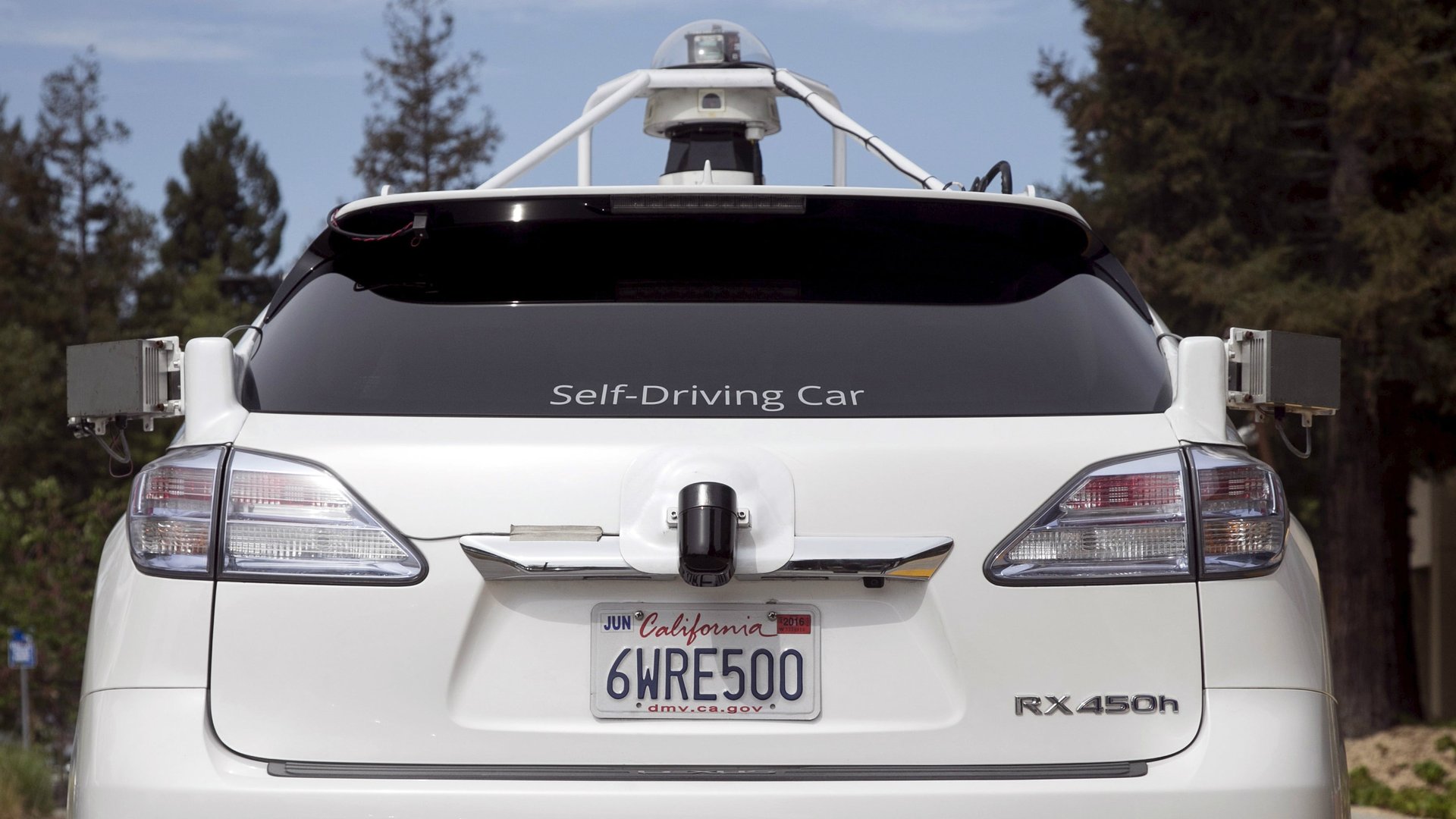Driverless cars will make a lot of jobs better, not destroy them
The rise of autonomous vehicles will almost certainly mean lost jobs for a large portion of the nearly 4 million people in the US for whom driving is the main part of their work. These truck drivers, taxi and Uber drivers, and bus drivers (broadly referred to as motor vehicle operators) find themselves directly in the path of a revolutionary technological change that will reshape the global economy over time.


The rise of autonomous vehicles will almost certainly mean lost jobs for a large portion of the nearly 4 million people in the US for whom driving is the main part of their work. These truck drivers, taxi and Uber drivers, and bus drivers (broadly referred to as motor vehicle operators) find themselves directly in the path of a revolutionary technological change that will reshape the global economy over time.
But full-time drivers aren’t the only workers autonomous vehicles will affect. A recently released report from the US Department of Commerce identified 11.7 million other workers in occupations for which driving is an important task, even if it isn’t the primary one. These “on-the-job drivers” include professions like personal-care aides, police officers, mail carriers, and real estate agents. Though these workers won’t be entirely displaced by self-driving cars, the nature of their work will fundamentally change.
While the Department of Commerce is pessimistic about the impact of autonomous vehicles on the job prospects of the older, less educated people who tend to work as motor vehicle operators, they are bullish about how the new technology will affect on-the-job drivers. They may “benefit from greater productivity and better working conditions,” the report claims. The use of autonomous vehicles could actually increase the demand for certain jobs by reducing their costs. For example, plumbers and electricians may become cheaper because of lower transport costs, and because those workers will be able use that travel time to manage their billing or prepare for their next appointment.
The Department of Commerce also points out that even if some of these on-the-job drivers are displaced, they will probably be able to find other work that makes sense for them. Compared to motor vehicle operators, these people tend to be more educated, and currently in jobs that call for the kind of problem-solving skills that are most in demand in the labor market. They also tend to be younger and thus, on the whole, more adaptable.
The Department of Commerce’s report is a reminder of the complex ways that autonomous vehicles will impact the future of work. Yes, truck drivers will probably be replaced and commutes will be more pleasant because you’ll be able to watch TV. But not needing to drive will also change the work of police officers and electricians in ways we can’t foresee.